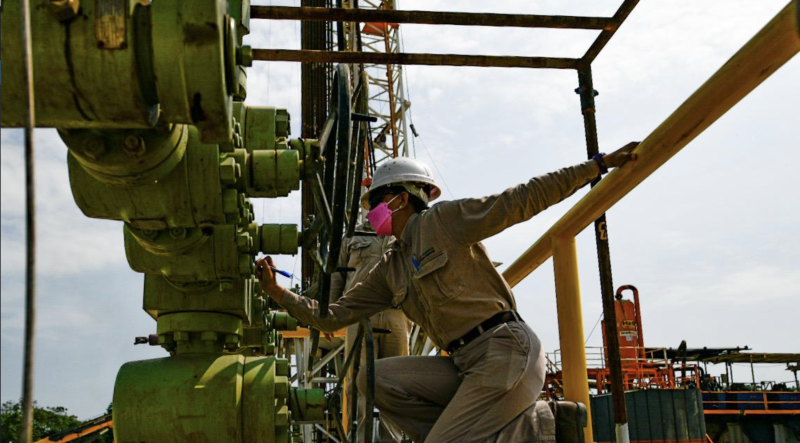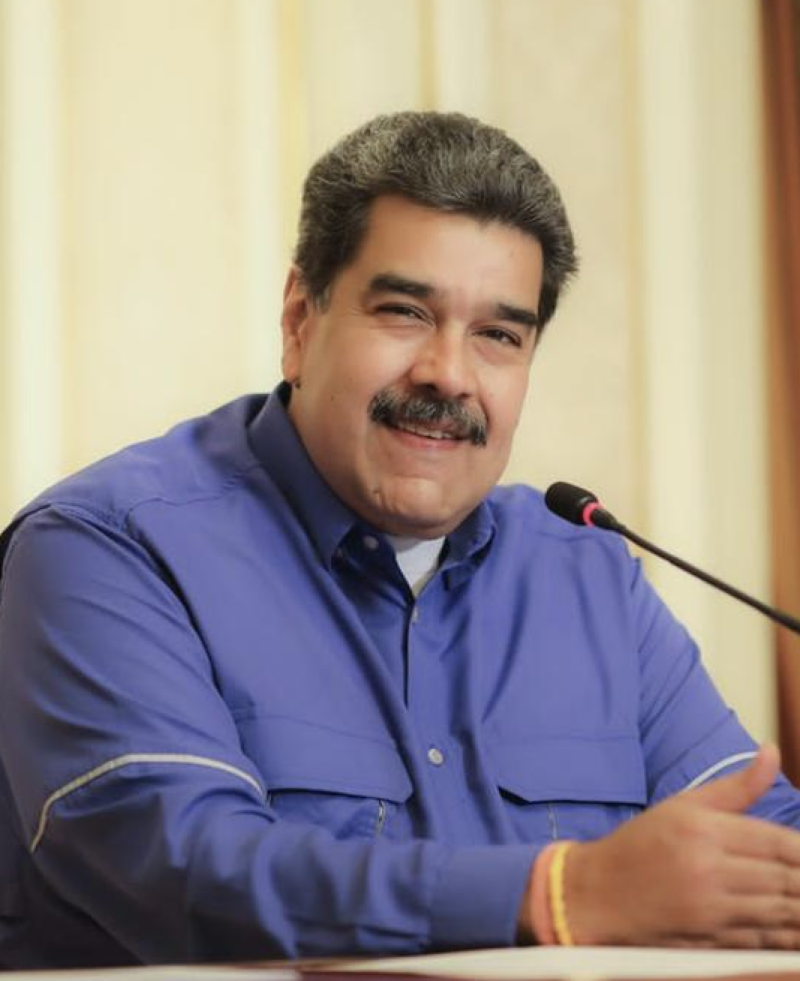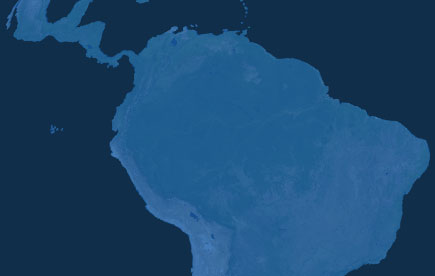Latin America Advisor
Energy Advisor
A Publication of The Dialogue
Is Pemex Taking Good Advantage of High Oil Prices?
 Pemex has increased its crude oil exports since the rise in international oil prices, moving away from its December commitment to cut 2022 exports in half. A Pemex worker at the Madrefil 141 oil well in Cunduacán, Tabasco is pictured. // File Photo: @Pemex via Twitter.
Pemex has increased its crude oil exports since the rise in international oil prices, moving away from its December commitment to cut 2022 exports in half. A Pemex worker at the Madrefil 141 oil well in Cunduacán, Tabasco is pictured. // File Photo: @Pemex via Twitter.
Mexican state oil company Pemex posted a 13 percent increase in crude exports in April as compared to March, reaching more than more than million barrels of crude oil per day (bpd) on average. Since the rise in international oil prices over the last few months, the company diverted from its December commitment to cut its 2022 exports by 50 percent in order to pursue “self sufficiency,” choosing instead to increase crude exports. Why did Pemex change its strategy, and was it a good move for the company’s financial health and Mexican state coffers? What is the outlook for Pemex’s 2022 export and production figures, and how does it compare to those of private oil companies operating in Mexico?
-
Raphael Portela, principal research analyst in corporate analysis at Wood Mackenzie: “The main story behind Pemex curtailing exports has always hinged on the improved processing capacity of its downstream portfolio. There are two drivers behind this potential reinvigoration: the construction of the brand-new Olmeca refinery in Dos Bocas, Tabasco and the revamping of its six existing plants. Indeed, the government has postponed the Olmeca refinery start-up from July to December 2022, and a start-up further into 2023 is not out of the question. Though delays in project delivery could have contributed to the change in stance, market signals are likely driving most of the uptick in export volumes. High oil prices have tilted the profitability balance away from downstream players and toward upstream operators. Pemex’s move allows it to capture that transient crude barrel premium from the global market while outsourcing refining to more streamlined companies such as U.S. Gulf Coast refiners…”
Read More
Top News
Puerto Rico Suspends Gas and Diesel Tax

Maduro Signs Cooperation Deal During Iran Visit
Complete editions of the Energy Advisor are delivered weekly to members of the Dialogue's Corporate Program and other subscribers. Sign up below for a free complimentary preview subscription.
About the Energy Advisor
A sister publication of the Inter-American Dialogue’s daily Latin America Advisor, the weekly Energy Advisor captures fresh analysis from business leaders and government officials on the most important developments in oil and gas, biofuels, the power sector, renewables, new technologies, and the policy debates shaping the future of energy in the Western Hemisphere and beyond. To subscribe or for more information, contact Erik Brand, publisher of the Advisor, at ebrand@thedialogue.org.
Subscribers See all














Staff
Erik Brand
Publisher
P. 202.463.2932
E. ebrand@thedialogue.org
Gene Kuleta
Editor
P. 202.463.2920
E. gkuleta@thedialogue.org
Leticia Chacón
Reporter
E. lchacon@thedialogue.org





















